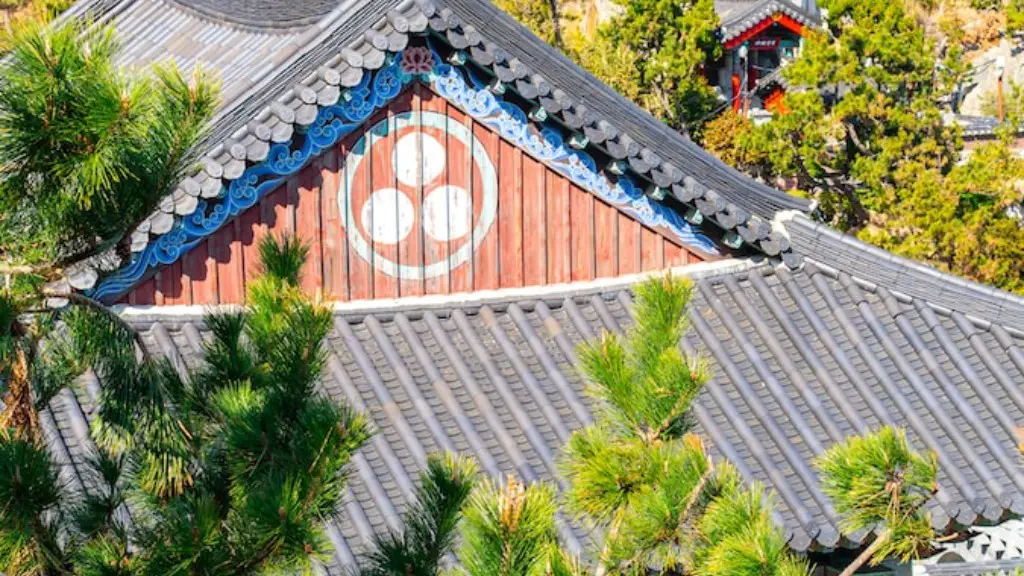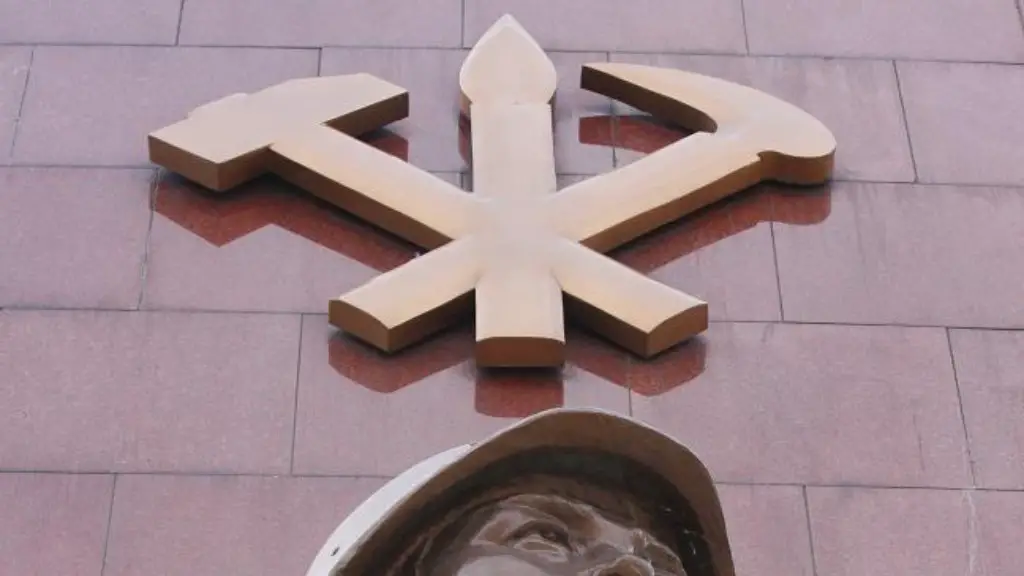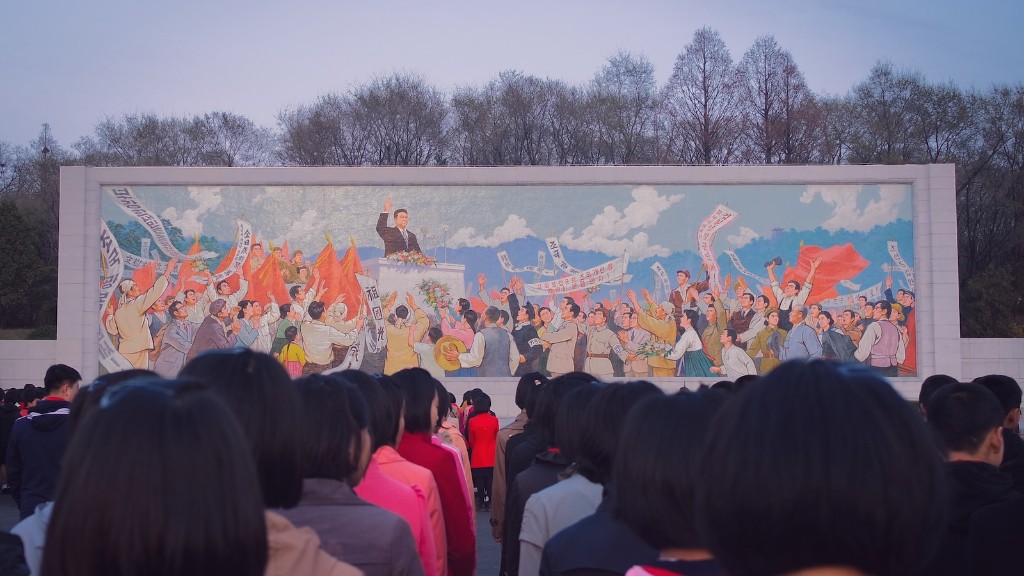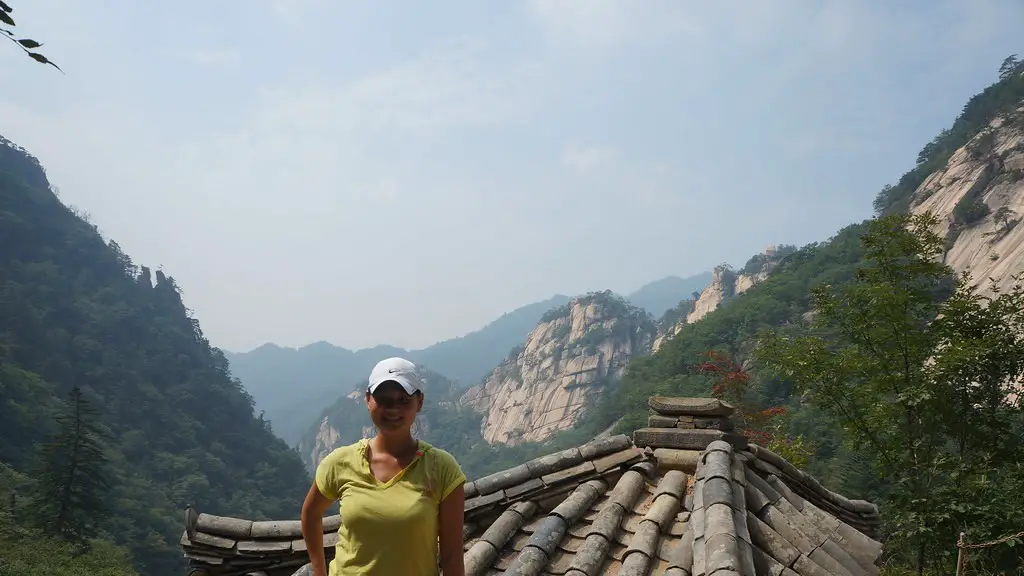When traveling to North Korea, visitors should abide by certain rules of transit to ensure the safety of their experience. It is important to remember that while North Korea is eager to be seen as a tourist destination, breaking the laws of the land can lead to serious, unforeseeable consequences. Here are some ‘Don’ts’ to keep in mind when visiting North Korea:
1. Don’t take or share photos of military bases, strategic buildings, and of soldiers. North Korea is an incredibly militarized state, and the military has a zero-tolerance policy for photography of their strategically situated buildings or those in uniform. Those found taking or sharing such photographs may face consequences such as arrest, interrogation, or worse.
2. Don’t try to access the Internet or Wi-Fi without authorization. North Korea is one of the most isolated countries in the world, and its internet infrastructure doesn’t extend far beyond the state-controlled services. Attempting to access any other information could be seen as an act of espionage and could face severe repercussions. Using a phone while in the country could result in a smartphone confiscation, interrogation, or monitoring by government officials.
3. Don’t engage in conversation about politics, leader-worship, or other controversial topics. North Korea is a one-party state with a robust system of censorship, and popular belief in the cult of the Kim dynasty. Any statement, no matter how indirect the criticism, that implies doubt in the political system or the leadership of the Kim dynasty could land you in trouble with the local authorities.
4. Don’t forget to look both ways before crossing the street. North Korea exercises a strict one-party system in almost all aspects of life, but its infrastructure hasn’t been immune to degradation. Drivers often fail to respect traffic regulations, thereby creating hazardous driving conditions for pedestrians.
Photography Restrictions
Visitors in North Korea should not assume that they are entitled to take or share photos at all times. The country has an incredibly restrictive policy when it comes to photography, and all pictures must be approved by the government before being distributed. Taking images of certain buildings, military personnel, or foreign nationals could be perceived as an act of espionage and can result in severe consequences.
Photographers must be aware that they are not allowed to take photos of military bases, strategic buildings, or active duty soldiers. Photographing the political monuments, such as statues of Kim Il-sung or Kim Jong-il, may also be prohibited. In such cases, the photographer could be at risk of interrogation, arrest, or deportation.
Travel Regulations
North Korea operates under a strict set of travel regulations that visitors are expected to follow. It is illegal to enter or leave the country without government approval or without the accompaniment of an officially sanctioned guide. Exploring the country independently is not allowed and visitors must be mindful of the restricted areas where photography and other activities are forbidden.
Travelers should also know that they are not allowed to bring in certain items like books, magazines, and equipment that could be used to disseminate information, such as laptops and USB drives. People may also not take certain items out of the country, such as newspapers, artwork, and currency. Failing to comply with these regulations can lead to confiscation, interrogation, or legal consequences.
Safety Regulations
Safety should be taken seriously when visiting North Korea. Laws and regulations are strictly enforced and visitors must be mindful of the atmosphere and their actions. Engaging in conversations about politics, religion, or criticism of the state or its leadership is punishable by law and can lead to detention or deportation.
It is also important that visitors respect the medical guidelines, as North Korea continues to face a public health crisis. Travellers should take extra precautions to ensure their personal hygiene and the hygiene of their immediate surroundings. This includes avoiding contact with those who are unwell and keeping up to date on any health advisories issued by the local authorities.
Greetings and Etiquette
It is important to remember that North Koreans do not always share the same customs and social norms as those of other countries. Visitors should be aware of the difference in cultural etiquette and must take measures to ensure they are not seen as disrespectful or offensive. Most importantly, visitors should refrain from displaying any gestures or signs of disrespect to the country’s national symbols or its leadership.
When greeting North Koreans, it is important to avoid using physical gestures, such as a handshake. Small talk should also be kept to a minimum, as any topic of conversation related to the political or economic situation can be seen as offending or controversial.
Social Media Activity
Social media use within North Korea is closely monitored, and conversations about the government or its functionality are punishable by law. Even mundane topics such as music or fashion can be viewed as offensive if it is felt that the user was criticizing or challenging the state. Those suspected of engaging in restricted activities are at high risk of prosecution by the local authorities.
For this reason, it is essential that visitors take extra care when online. Social media posts should be kept to a minimum and should not incorporate images, videos, or words that could be seen by the government as critical or offensive. If possible, users should refrain from sharing any personal information or revealing their location.
Propaganda
North Korea has a highly restrictive political system under the control of the Kim Dynasty. Propaganda is used to cultivate a sense of loyalty among the population and to deter dissent by instilling an atmosphere of fear. As a result, any expression of opposition or criticism is swiftly shut down.
Visitors must be aware that any public demonstration of disagreement or disrespect towards the government or its leaders is strictly prohibited and could result in arrest or even worse. It is also important to remember that anti-government statements or activities can be perceived as threats by government officials, so it is best to limit any discussion on topics related to politics or the leadership.
Currency Limitations
Visitors should be aware that the local currency – the North Korean won – is not widely accepted outside of the country. Tourists should ensure that they exchange their won for another currency prior to departing, as the North Korean won cannot be legally used in any foreign country.
When exchanging currency, tourists should be aware of the restrictions in place. The exchange rate is often not in their favor, and travelers can only exchange up to certain predetermined amounts. Furthermore, it is illegal to take the North Korean won out of the country, and those found attempting to do so could face legal consequences.




